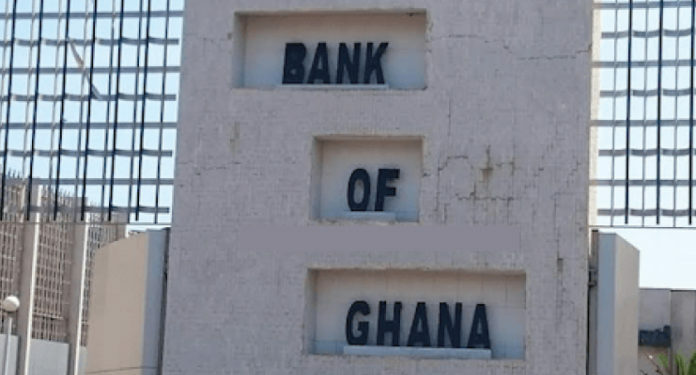The Bank Of Ghana’s Exposure Draft On Digital Assets – What You Need To Know And How You Can Contribute
The Bank of Ghana recently published an Exposure Draft of the Digital Assets Guideline.
What is this document?
The Bank of Ghana’s Exposure Draft on Digital Assets is the Bank’s preliminary version of its proposed regulations or framework for the digital financial assets sector. The draft has been made available to the public for its comments and feedback. This is a worthy initiative as it gives stakeholders a sneak peek view of the intended regulatory regime of the sector.
Does this document legitimize cryptocurrency and other virtual assets in Ghana?
The answer to this is a big NO! As earlier indicated, this is the Bank’s preliminary document that gives the public an idea of how the Bank intends to regulate the digital assets space. In fact, the Bank has clearly stated that it has not lifted the prohibition of banks and PSPs from facilitating cryptocurrency assets transactions until formal regulations are published. This implies that all existing restrictions on virtual assets transactions remain in place, although the regulator is taking steps to create a regulatory regime.
What does the Bank of Ghana seek to achieve in its regulation of digital assets?
The Bank of Ghana has set out the following 7 regulatory objectives for its intended regulation of the digital assets space.
1. Ensure integrity and stability of the financial sector;
2. Protect consumers and Investors;
3. Guard against Financial Crime (AML/CFT);
4. Foster innovation and market integrity;
5. Promote domestic coordination in managing risks posed by crypto asset service providers;
6. Promote international cooperation in combating financial crime; and
7. Address cyber security risks.
These objectives should serve as a guide for stakeholders and entities preparing to provide virtual assets services. For instance, an entity that intends to provide virtual asset services must ensure that it has a comprehensive AML/CFT program, a solid data protection and privacy policy, and a robust cybersecurity program in place among others.
What should stakeholders expect in terms of regulation?
From the text of the Exposure Draft, the Bank of Ghana would upon finalization of the regulatory framework create a new category of service providers to be known as virtual assets service providers (VASPs). These would include buyers and sellers of virtual assets and exchanges. VASPs would be expected to implement a risk-based approach in their operations to safeguard the integrity of transactions. They would also be required to file reports with the FIC in a form similar to what currently applies to the banks and payment service providers (PSPs). Also, depending on their specific product offerings VASPs may either be authorized or licensed by the Bank of Ghana or the Securities and Exchange Commission (SEC).
This means that the Bank of Ghana would work hand in hand with the SEC to ensure a holistic regulation of the space. This is a major difference between PSPs and VASPs as the latter includes the buying and selling of assets using exchanges whereas the latter facilitates the movement of the financial assets from one end to the other. VASPS would also have to extensively educate their consumers and disclose all risks involved in transactions on an ongoing basis.
Where do Banks and PSPs come in?
Banks would be permitted to offer services to registered VASPs, however Enhanced Payment Service Providers (EPSPs) may be allowed to process virtual assets transactions exclusively for registered VASPs. As usual, both banks and EPSPs may only provide the services subject to the prior approval of the Bank of Ghana. EPSPs would not be allowed to operate exchanges or engage in virtual asset-related businesses as part of their product offerings, however, their shareholders may set up separate entities for this purpose with separate funds.
EPSPs intending to take part in this new sector would have to get their house in order in readiness for the new opportunity that this presents.
Do you have a brilliant idea on digital assets regulation? Share it with the Bank of Ghana
The deadline for the submission of feedback and contributions is 31st August 2024 and submissions should be sent to Fintech@bog.gov.gh








